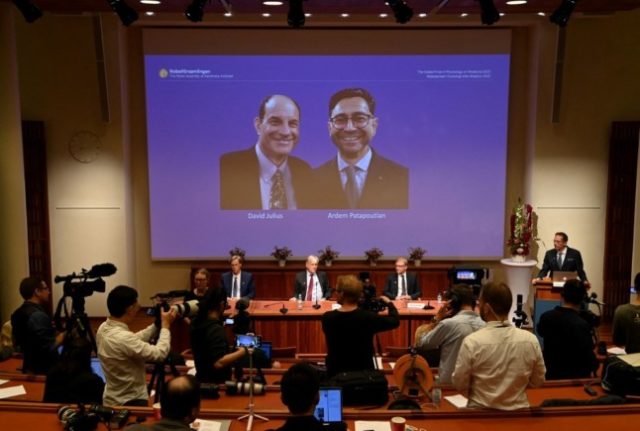Unable to meet his Chinese counterparts, Oil and Energy Minister Ola Borten Moe was left wondering if the award by Norwegian parliamentarians of the 2011 Peace Prize to Chinese political activist Liu Xiabo was still colouring relations between the two countries. No meetings were planned.
“It would have been pleasant, useful and interesting (to meet a Chinese official),” Moe said from Beijing on NRK television.
Chinese leaders have expressed their irritation at the award, and some Norwegian business is said to have suffered, although Norwegian shipbuilding orders at Chinese yards continue apace.
Norway is at the leading edge of demonstrating expensive, large-scale technology for carbon capture and storage from natural gas and, increasingly, from combustion and industrial processes. China’s needs largely concern the clean-firing of coal.
State money has helped Norwegian and international businesses in Norway develop the techniques for large-scale carbon-capture, a prohibitively expensive venture. A range of other environmental technologies include techniques useful for cleaning China’s polluted rivers.
Asked what he could do for Norwegian businesses in China said to be “ruined” after the prize, Moe said simply that Norwegians ought to be happy about the Nobel Peace Prize.
The Carbon Sequestration Leadership Conference was recently held in the old German trading town of Bergen, when world leaders rallied behind pledges by Norwegian Prime Minister Jens Stoltenberg to put billions behind carbon-capture technology. US president Barack Obama said he wished for progress on the use of the climate-tech and made a matching pledge.



 Please whitelist us to continue reading.
Please whitelist us to continue reading.
Member comments